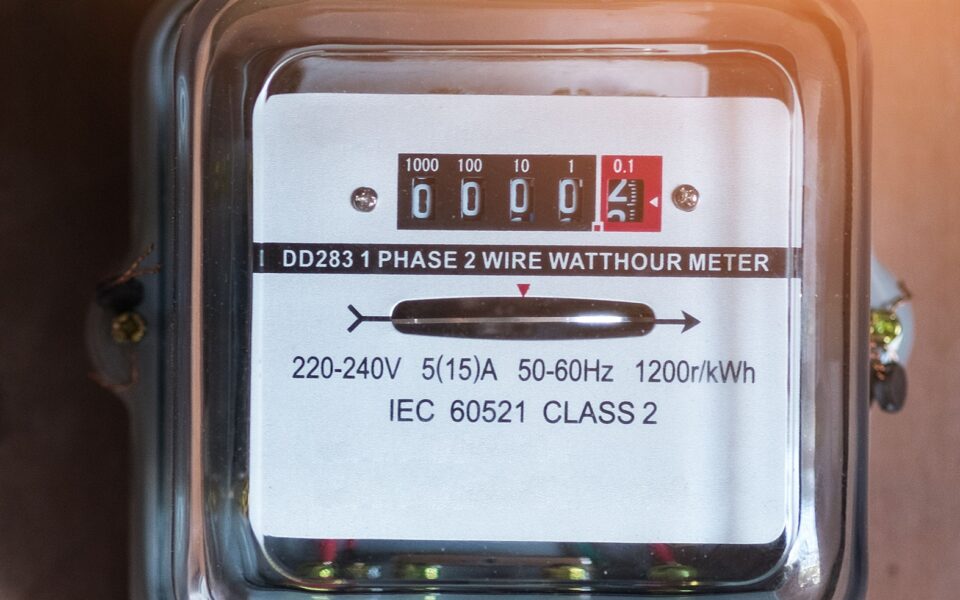All change in electricity bills
Major modifications to be introduced from October 1, with state measures coming to an end

Electricity tariffs return to the regime of the readjustment clause from October 1, and the market’s regulator (RAAEY) is in a hurry to prevent phenomena that consumers painfully faced when the crisis began. Suppliers, for their part, are looking for pricing formulas to transfer wholesale market risk without having to risk a new crisis of confidence from their customers.
Therefore, the floating tariffs that will be available to consumers from October 1 will not have the words Adjustment Clause. But this does not mean that the price of a kilowatt-hour will not change according to the fluctuations of the wholesale market. The basic formula worked out by most providers relates the retail price to the wholesale price, based on a mathematical formula that factors in wholesale rates, voltage losses and the suppliers’ costs plus their profit margin.
The coefficient of losses at low voltage is estimated to be around 17-18%, of which only 6-7% corresponds to technical losses. Roughly two-thirds represent electricity theft, the costs of which are shared by suppliers through tariffs among all consumers.
This mathematical formula will be prominently displayed on the bills, as well as in supply contracts, so that consumers can know in advance how they will be billed. This obligation of the suppliers is included in the proposal made on Tuesday and RAAEY (formerly known as RAE) has put it up until July 19 for a public consultation, in the context of the effort it is making for a smooth and transparent transition of the invoicing method to the previous regime.
The tariffs that will be based on the risk of the wholesale price, as it is formed in the Energy Exchange, should not include any other adjustment mechanism, according to RAAEY.
Any fixed coefficients that will be based on an adjustment clause and the surcharge factors should be predetermined and fixed, mentioned in the contract and valid throughout its duration. In case of any change, the consumer should be informed in time.





